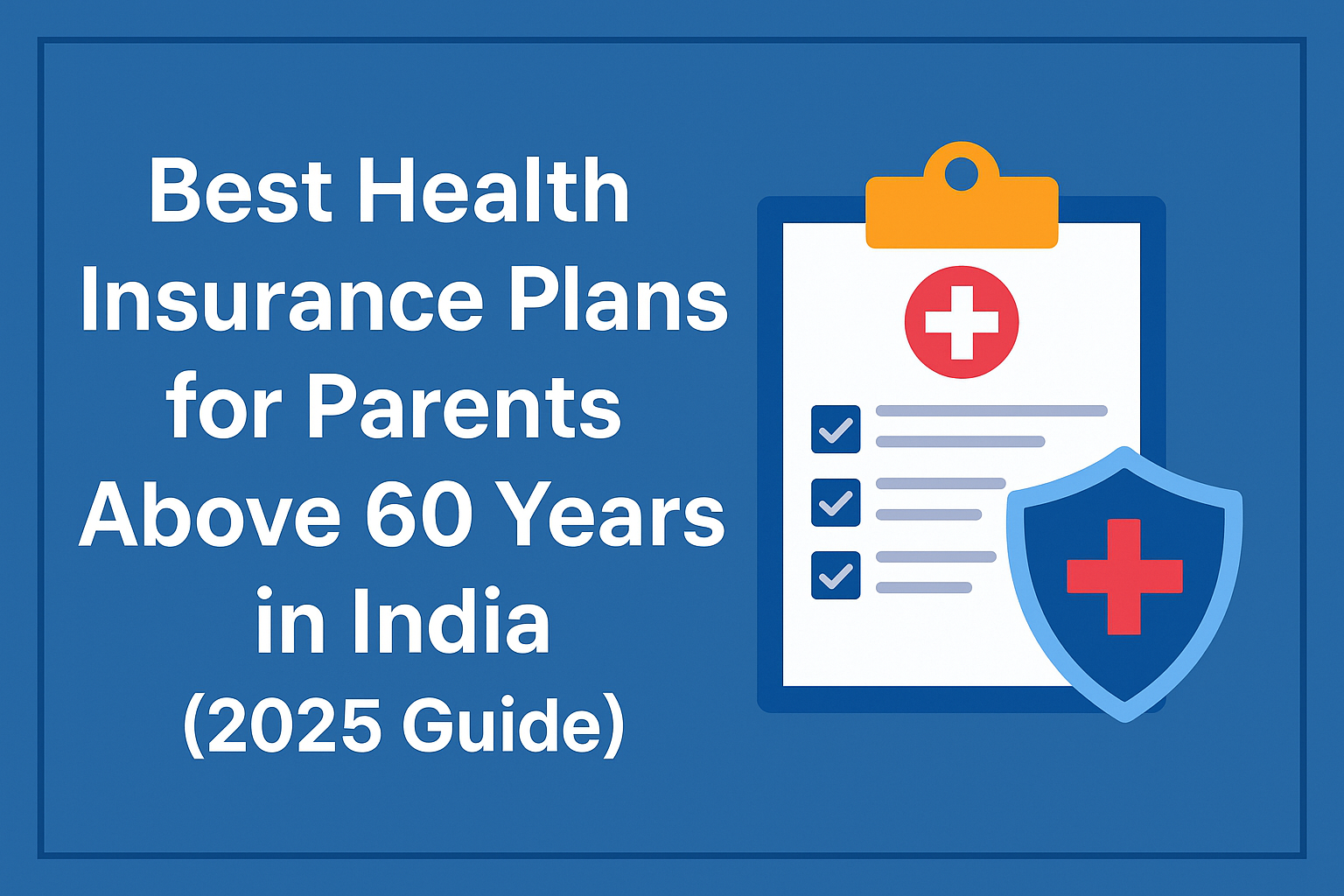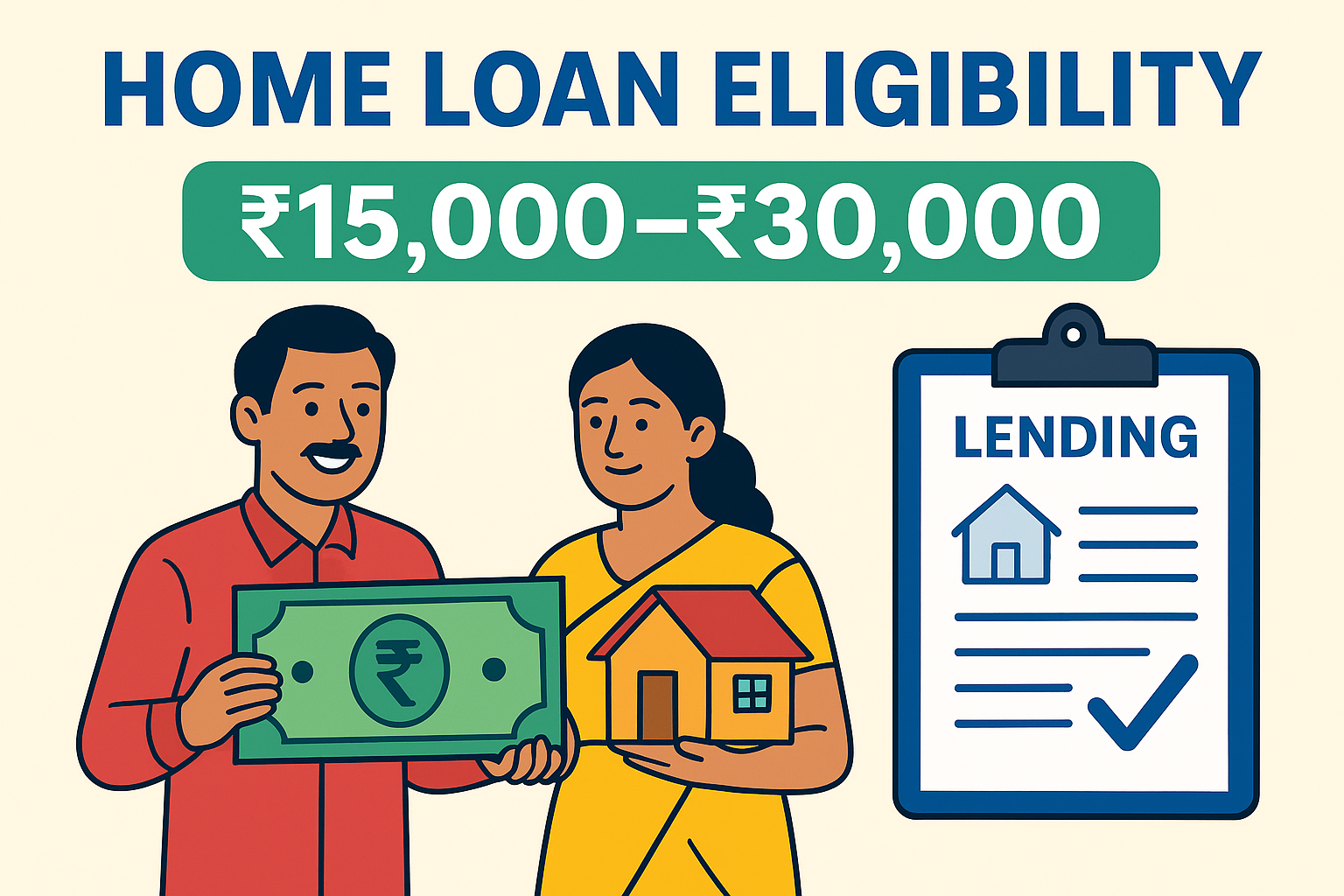Top 10 Health Insurance Plans for Parents Above 60 Years in India
As parents cross the age of 60, their risk of health issues rises, making medical insurance not just important but essential. Senior citizen health insurance plans in India are specifically crafted to meet these needs, offering coverage for hospitalisation, chronic illness, day-care procedures, and even alternative treatments. The key is to find a plan that balances premium cost with broad coverage, minimal restrictions, and lifelong renewability.
Below are 10 of the most reliable health insurance plans for individuals aged 60 and above, including their age limits:
1. Care Senior (Care Health Insurance)
- Entry Age: 61 years and above
- Maximum Age: No maximum limit
- Highlights: Provides coverage for pre- and post-hospitalisation, free health check-ups, and no-claim bonuses. Also includes coverage for AYUSH and domiciliary care.
2. Aditya Birla Activ Care / Activ One Max
- Entry Age: 55 to 80 years
- Maximum Age: 80 years
- Highlights: Covers hospitalisation, critical illness, day-care treatments, and offers rewards for healthy behaviour. It also provides home health care support.
3. HDFC ERGO Optima Secure / Optima Senior
- Entry Age: 61 years and above
- Maximum Age: No upper age cap
- Highlights: Offers no room rent capping, unlimited restore benefit, modern treatment coverage, and strong claim settlement.
4. Niva Bupa Senior First / Health Companion
- Entry Age: 60 to 75 years
- Maximum Age: 75 years (renewable for life)
- Highlights: Unlimited restoration of sum insured, no room rent limit, no sub-limit on ICU charges, and quick claim approvals.
5. Bajaj Allianz Silver Health Plan
- Entry Age: 46 to 70 years
- Maximum Age: 70 years (renewable up to 75 years)
- Highlights: Covers hospitalisation, consultations, diagnostics, and day-care procedures. Offers a cumulative bonus and tax benefits.
6. Star Health Red Carpet Senior Citizens Plan
- Entry Age: 60 to 75 years
- Maximum Age: 75 years (renewable for life)
- Highlights: No pre-policy medical tests, wide network of hospitals, pre-existing diseases covered after 12 months, and lifetime renewability.
7. Future Generali Varishta Bima
- Entry Age: 60 years and above
- Maximum Age: No upper age limit
- Highlights: Provides extensive coverage, including for pre-existing conditions after waiting periods, as well as mental health and home care.
8. Magma HDI OneHealth Senior Citizen Plan
- Entry Age: 56 years and above
- Maximum Age: No maximum age
- Highlights: Includes home nursing, global emergency services, critical illness cover, and AYUSH treatment with lifetime renewal option.
9. ManipalCigna Prime Senior Plan
- Entry Age: 56 to 75 years
- Maximum Age: 75 years (renewable for life)
- Highlights: Covers donor expenses, OPD treatments, second opinion, global emergency, and offers high sum insured up to ₹50 lakh.
10. New India Assurance Senior Citizen Mediclaim
- Entry Age: 60 to 80 years
- Maximum Age: 80 years (renewable for life)
- Highlights: Government-backed, affordable, and covers hospitalization, diagnostics, ambulance charges, and pre-existing diseases after 18 months.
✅ Key Selection Tips
- Sum Insured: Go for at least ₹5–10 lakh depending on your parent’s current health.
- Pre-Existing Disease Waiting Period: Shorter periods (1-2 years) are better.
- Cashless Network: Check for hospitals near your location in the insurer’s network.
- Lifelong Renewability: Ensure policies allow continuation beyond 75–80 years.
- No Room Rent Cap: Plans without these caps prevent partial claim deductions.
- Restore Benefits: Unlimited or once-a-year restore options are highly useful during multiple hospitalisations.
👨⚕️ Conclusion
Selecting the right health insurance for your senior parents means ensuring medical security in their most vulnerable years. Look for plans that offer maximum value—not just low premiums. Be sure to consider their medical history, hospital preferences, and financial limits while choosing. Policies with broad coverage, high network strength, and minimal exclusions should always be prioritized.









